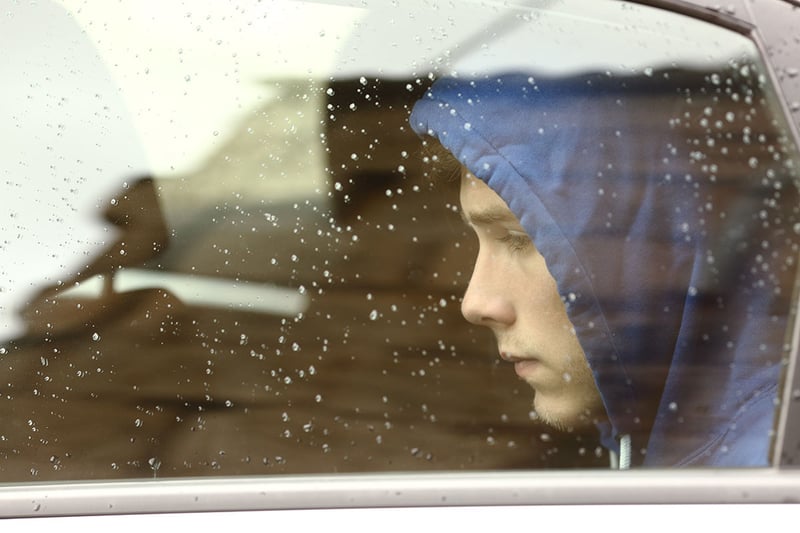Common Signs of Manic Depression

Manic depression in teens, also known as bipolar disorder, can be challenging for you and your son to manage alone. Bipolar disorder involves episodes of heightened mania and bouts of severe depression, which can last a lifetime. While most people receive a diagnosis in adolescence or adulthood, the symptoms can appear earlier in childhood. With treatment, teens with bipolar disorder can manage their symptoms and be successful and productive members of society. Helping your child manage their mental health can be overwhelming. At
Stonewater Adolescent Recovery Center, we can help you and your son find a treatment program to help find the right balance in their life. Call our team today at
662.373.2828 for more information about our treatment programs.
What is Manic Depression?
Bipolar disorder, which used to be called manic-depressive illness or manic depression, is a mental disorder. This condition can cause your son to have extreme changes in his mood and behavior. It's not the same as the usual ups and downs every child goes through. The mood changes in bipolar disorder are more extreme and unexpected. They can also affect your son's sleep, energy level, and ability to think clearly. Bipolar symptoms can make it hard for teens to do well in school and adversely affect relationships with friends and family. Extreme cases of bipolar disorder can cause teens to self-harm or attempt suicide. Those who suffer from the disorder swing between manic energetic episodes of feeling very happy or up and severely depressive episodes of feeling extremely sad or down. Several factors, including heredity, chemicals in the brain, and living environment, contribute to the disorder. Bipolar disorder in boys can develop because of medical complications as well. They may develop depressive symptoms after an injury or chronic illness. Substance use can also contribute to depressive moods, which is why we offer individualized boys' substance use treatment to heal substance issues alongside bipolar disorder treatment.What Does Manic Depression Look Like In Teens?
A teen with bipolar disorder may have manic episodes, depressive episodes, or mixed episodes. A mixed episode has both manic and depressive symptoms. It's important to remember that these episodes will look very different from the typical ups and downs you see in most children. Symptoms often last for several days or weeks, for most of the day.Manic Episode Symptoms
Symptoms of a manic episode may be:- Intense happiness or silliness for long periods of time
- A very short temper or extreme irritability
- Rapid, nonsensical speech
- Trouble sleeping, but not feeling tired
- Difficulty staying focused and experiencing racing thoughts
- Over-interest or involvement in fun but risky activities
- Participating in dangerous or reckless activities that show poor judgment
Depressive Episode Symptoms
Symptoms of a depressive episode may be:- Frequent and unprovoked sadness
- Increased irritability, anger, or hostility
- Complaining of painful stomach aches and headaches
- Spending an excessive amount of time sleeping
- Difficulty concentrating
- Feelings of hopelessness
- Having difficulty communicating or maintaining relationships
- Eating too much or too little
- Lack of energy and interest in activities
- Thoughts of death and/or suicide
Contact Us Today To Learn More
Signs and symptoms of bipolar disorder can also overlap with symptoms of other disorders, such as major depression or anxiety disorders Diagnosing bipolar disorder can be complicated and requires a careful and thorough evaluation by trained, experienced mental health professionals. Our boys' bipolar disorder treatment program specialists work with each individual resident to determine their treatment needs. Your son will have an active role in mapping out his individual treatment plan at Stonewater Adolescent Recovery Center. Our therapies include:- Dialectical behavior therapy (DBT)
- Trauma therapy
- Dual diagnosis treatment
- Nature therapy
- Art therapy for boys
- Group therapy for stress management education and coping skills development

.jpg)

